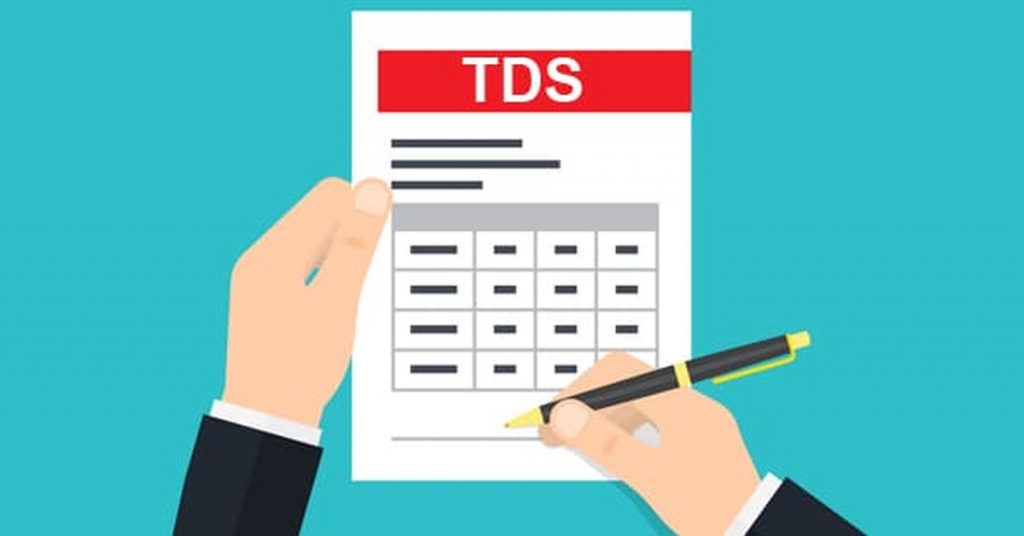
The Finance Act was passed in 2021 and section 194Q of the Income Tax Act has been inserted to bring in the new provisions of TDS on the purchase of goods. Since CBDT has clarified such doubts, approving the validity of the circular, these new rules will be effective from 01/07/2021.
What are the new rules?
Section 194Q of the Income Tax Act requires a buyer to deduct tax if they purchase goods worth Rs.50,000 or more from a particular seller. Governments have made the rule to be stricter and set a limit on what businesses can make purchases of. This new rule will be in place from July 1st, 2021.
Who is required to deduct TDS?
A person buying goods from another person for Rs.50,000,000 or up has to pay a tax rate of 28% (a total of Rs14,360) by law. The following are exempt from paying TDS:
- New business – When starting a business, you usually don’t know what to expect. You don’t know if the company will reach its minimum yearly revenue or even survive for a whole year.
- This limit is intended for some who buy high-volume goods. If you won’t be exceeding the turnover limit, there shouldn’t be a problem.
- Non-resident- This is NOT applicable to non-resident buyers. But if such a buyer has a Permanent Establishment (PE) in India, this may be applicable
What type of transactions will attract this TDS?
This TDS is applicable in case of transactions of purchase of goods worth more than Rs.50 lakhs. A Purchases from businesses are one such transaction not covered by this TDS.
- Purchase transactions of Rs. 50 lakhs or below.
- Transactions in securities and commodities done through recognised stock exchanges and clearing corporations
- The transactions in electricity, renewable energy certificates and energy saving certificates traded through power exchanges
- The transactions on which TDS is deductible under other provisions of the Income tax Act
Turnover limit for deductor
The turnover limit for applicability of these TDS provisions is Rs. 10 crores. This means you must be having total sales or gross receipts of Rs. 10 crores or more in the year preceding immediately to the year of a purchase transaction. If you have interest income, capital gains income, or rental income in a year, these may constitute your receipts but they don’t constitute your ‘business turnover’. For the applicability of these provisions, what is needed is a ‘business turnover’. So, unless your business turnover crosses Rs. 10 crores, you don’t need to deduct tax on purchases of goods.
Transaction limit for TDS
The TDS of 10% on purchases exceeding Rs. 50 lakhs is applicable if their value exceeds Rs. 50 lakhs in a year. You will have to pay taxes from 01/07/2021, as your tax transaction limit has crossed Rs.50 lakhs by that date The following points may be considered for computing the limit of Rs.50 lakhs.
- The amount of GST may be excluded from the amount of bills paid for
- In case, the amount is paid in advance or paid before crediting the accounts of the purchasing party in books of account, TDS may be required to be done on amount including GST since it is not possible to segregate GST from the amount of purchases
- In case of advance payments, the TDS needs to be deducted on a payment basis, since the TDS is applicable at the time of credit of the amount in books or payment whichever is earlier
Rate and dates of TDS deposit
The rate of TDS is at 0.1% of the transaction value of goods purchases exceeding Rs. 50 lakhs. This rate maybe 5% if the deductee does not furnish his/her PAN to the deductor. The TDS should be deducted at the time of the credit of the purchases to the account of the seller in the books of account. This is applicable even if the amount is credited to the suspense account.
The amount of TDS is to be deposited on or before the 7th day of a month next to the month in which TDS is deducted. However, for the TDS of the month of March, this is to be deposited on or before 30th April of the next financial year.
0 Comments